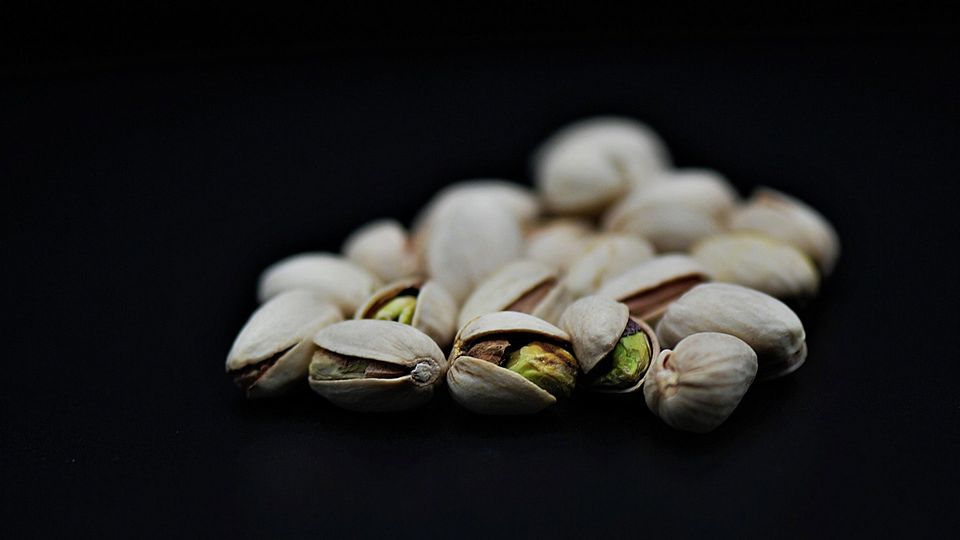“A common dietary recommendation for individuals with prediabetes is to consume a nighttime snack consisting of 15 to 30 grams of carbohydrates to help regulate overnight and morning blood glucose levels,” said Terrence Riley, lead author of this research who earned his doctorate in nutritional sciences at Penn State and currently works as a postdoctoral research fellow at Louisiana State University. “As an example, you could eat one or two slices of whole grain bread.”
Researchers observed that consuming about two ounces of pistachios each night for 12 weeks resulted in significantly different stool microbial community profiles compared to those who consumed the recommended 15 to 30 grams of a carbohydrate snack. Specific bacterial groups, including Roseburia and members of the Lachnospiraceae family — known as “good” bacteria that produces beneficial short-chain fatty acids like butyrate — were more abundant following the pistachio condition.
According to Petersen, butyrate serves as a primary energy source for colon cells, helps maintain the gut barrier and supports anti-inflammatory processes.
“Pistachios seem to be able to meaningfully shift the gut microbial landscape in adults with prediabetes especially when consumed as a nighttime snack,” Petersen said. “These microbiome changes may offer other long-term health benefits — potentially helping to slow the development of Type 2 diabetes or to reduce systemic inflammation — which we hope to explore in future research.”
The study involved 51 adults with prediabetes and was conducted over two 12-week periods separated by a break, so the effects of the first part of the trial would not affect the second part. By the end of the study, all participants received both treatments. Stool samples were collected and analyzed using 16S rRNA gene sequencing, a technique that can help classify bacteria based on their genetic makeup.
Petersen noted that participants who ate pistachios also experienced reductions in several bacterial groups that have been linked to less favorable metabolic outcomes.
“Levels of Blautia hydrogenotrophica — a bacterium that helps produce compounds that can build up in the blood and harm kidney and heart health — were lower after pistachio consumption,” Petersen said. “Levels of Eubacterium flavonifractor, which breaks down beneficial antioxidant compounds from foods like pistachios, also decreased.”
Petersen added that the strength of this study is the design used — a randomized crossover clinical trial, in which all participants receive both treatments in a randomized order. By including all participants in the pistachio group and the standard care group, the study helped the researchers better understand how specific foods like pistachios can influence the gut microbiome.
While the study demonstrated shifts in gut bacteria, it remains unclear whether these changes directly translate to improvements in health — a question that requires further research, Petersen said.
Reference: Riley TM, Wright J, Lamendella R, et al. Nighttime pistachio consumption alters stool microbiota diversity and taxa abundance compared with education to consume 1–2 carbohydrate exchanges (15–30 grams) over 12 weeks in adults with prediabetes: A secondary analysis from a randomized crossover trial. Curr Dev Nutr. 2025;9(7). doi: 10.1016/j.cdnut.2025.107481
This article has been republished from the following materials. Note: material may have been edited for length and content. For further information, please contact the cited source. Our press release publishing policy can be accessed here.


